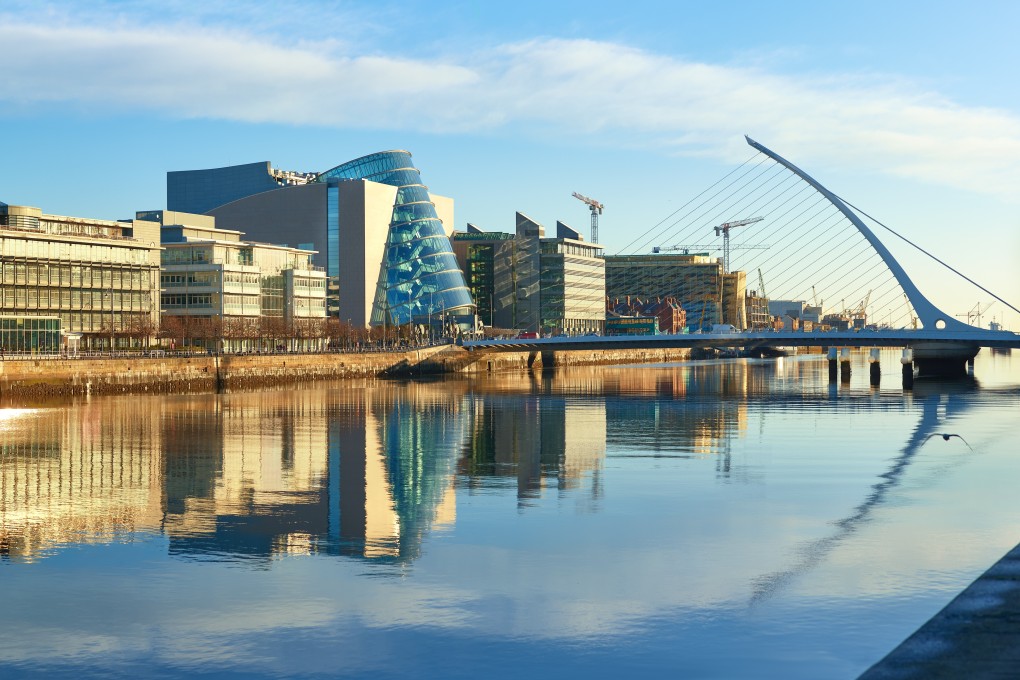New global tax regime won’t push Big Tech companies out of Ireland
- The 15 per cent tax rate proposed by the Group of Seven rich nations is higher than Ireland’s current 12.5 per cent levy for businesses
- Ireland has become the base of European operations for several of the world’s largest tech companies, including Google, Apple and Facebook

Ireland also has tax treaties with other nations that allow multinational businesses to pay a lower rate and incentives to compensate companies for research and development spending. If new legislation does not address the other perks tax havens offer Big Tech companies, they could maintain a lot of their advantages.
Some companies may move their headquarters out of low-tax countries like Ireland, but “there’s still a lot of incentives to keep your company and your money in those lower tax jurisdictions,” said Robert Palmer, executive director of advocacy group Tax Justice UK. Still, the ruling is a positive step toward ending the “race to the bottom” for corporate tax rates, he said.

Ireland has become the base of European operations for several of the largest international companies, including Google, Apple and Facebook. The G7’s minimum tax proposal aims to stop companies from using low-tax jurisdictions to cut their tax bills, and countries from competing to offer ever-lower rates.